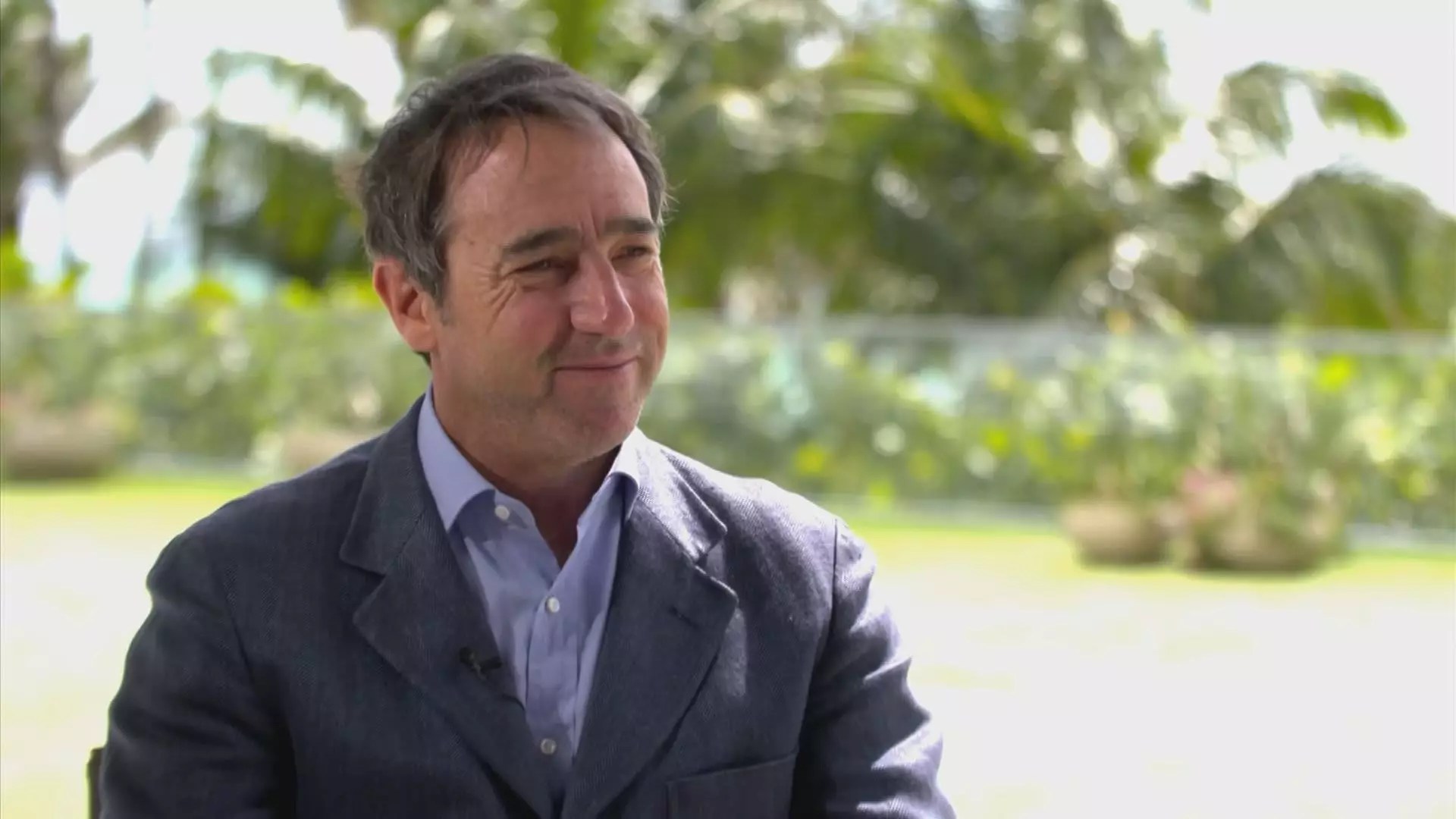In a world marred by economic uncertainty, the ongoing U.S.-China trade war presents a unique opportunity for Latin America, as highlighted by Marcos Galperin, the CEO of MercadoLibre. He has an astute penchant for recognizing shifts in market dynamics, and his insights carry weight not only as the head of a burgeoning e-commerce empire but also as a visionary entrepreneur. Galperin prophesizes a renaissance for Latin American economies if they can strategically leverage the current trade tensions. With circumstances in flux, this could represent a pivotal moment for emerging markets in the region.
Resilience Amidst Tariffs: Mexico’s Role with a Free Trade Advantage
As tariffs from the U.S. reach historical highs, especially regarding Chinese imports, countries like Mexico are positioned as potential winners. The existing free trade agreement between the United States and Mexico exempts many goods from the financially suffocating tariffs imposed by President Trump. This proactive environment allows Mexican firms to capture market share that would have previously flown to China—a glaring opportunity for organizations willing to adapt. However, navigating this landscape requires more than just opportunism; it demands strategic planning, innovation, and a keen understanding of consumer needs.
Argentina’s Winds of Change: Embracing Free Market Reforms
Galperin’s support for Argentine President Javier Milei’s aggressive push for free-market reforms marks a significant departure from Argentina’s historically protectionist policies. Under Milei’s leadership, the lowering of tariffs and the deregulation of key industries signal a radical shift towards a more entrepreneurial landscape. But such transformational policies come laden with risks and challenges. The uncertainty surrounding the economic upheaval could lead to dislocation in the short term; yet, Galperin’s optimism about these reforms underlines an important belief: economic liberation can eventually foster growth and innovation.
A Shift That’s Here to Stay?
The shift in U.S.-China trade relationships appears not just temporary but foundationally transformative, in Galperin’s perspective. The traditional reliance on China as a manufacturing hub and the parallel consumption dynamics within the U.S. have been upended. This dismantling of the status quo could revolutionize supply chains, providing emerging markets with unprecedented access and influence. However, this transformation doesn’t exempt Latin American countries from their own internal challenges, such as bureaucratic inefficiencies and socio-economic disparities, which can thwart momentum if they are not addressed proactively.
Embracing the Growth Mindset
Galperin’s forecast evokes a call for a growth mindset among Latin American leaders: they must act swiftly and decisively to capitalize on this geopolitical reshuffling. Fostering an environment that encourages innovation, investment, and competitive market practices will be essential. To truly benefit from the unfolding economic landscape, the region needs leaders who are not only economically savvy but also willing to take bold measures to ensure systemic improvements in governance, infrastructure, and education. The clarion call for change rings clear—Latin America, if it plays its cards right, stands on the precipice of potential revitalization.


Leave a Reply